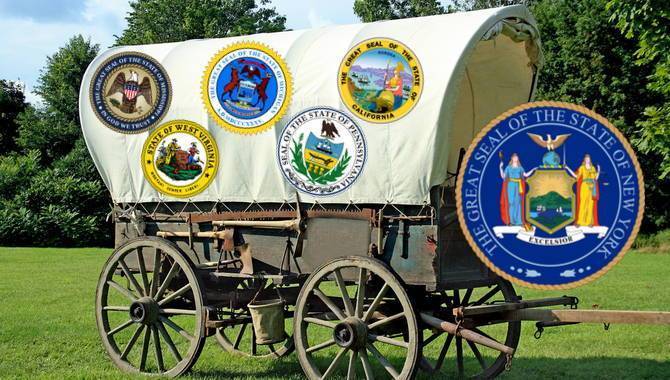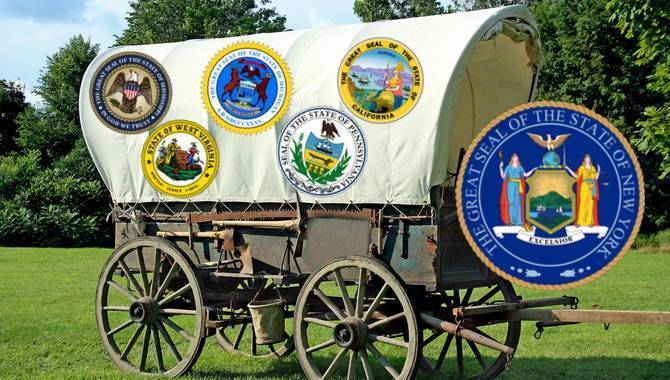 slators in New York are considering proposals that would allow sports betting in casinos, off track betting facilities and race tracks if the Supreme Court approves the New Jersey appeal against the constitutional validity of the professional and amateur sports participation act (PASPA).In an interview with the Times Union website, the Chair of the Westchester Assembly’s Racing and Wagering committee Gary Pretlow said that: “The lawyers are looking at that right now.”Reports later go on to suggest that lawmakers in the state could potentially look to legally speed the process up by bypassing the traditional review and amendment process, which could take up to two years to complete.Supreme Court justices are due to hear testimony from New Jersey representatives against the validity of the 1992 PASPA on 4 December, when they will consider an August 2016 ruling by the Philadelphia-based 3rd US Circuit Court of Appeals that an earlier 2014 New Jersey statute permitting sports betting at casinos and racetracks effectively violated PASPA.A number of states have already tabled legislative motions that would legalise sports betting should the federal ban be repealed. If the legislation moves forward New York would join California, Connecticut, Kentucky, Michigan, Mississippi, Oklahoma, Pennsylvania, South Carolina, West Virginia and New Jersey in allowing sports betting within its state borders.If successful, New Jersey could be among the first to allow sports betting in its casinos potentially placing gaming revenues from New York’s three new non-tribal casinos: Rivers in Schenectady, del Lago in Tyre, and Tioga Downs in Nichols at risk.Queens Democratic Assemblyman David Weprin, who is sponsoring a measure to allow sports betting via a constitutional amendment said that: “It would certainly give us momentum to get it passed.”A previous bill to legalise sports betting and daily fantasy sports in the state passed through the state legislature successfully in 2016, but was referred to the Attorney General’s office where it has become the subject of a lawsuit between anti-gambling groups and the state over its constitutional validity.Any new bill would have to be approved in successive legislative sessions in the state before it could go before voters, which could delay the passage of any bill until 2019.
slators in New York are considering proposals that would allow sports betting in casinos, off track betting facilities and race tracks if the Supreme Court approves the New Jersey appeal against the constitutional validity of the professional and amateur sports participation act (PASPA).In an interview with the Times Union website, the Chair of the Westchester Assembly’s Racing and Wagering committee Gary Pretlow said that: “The lawyers are looking at that right now.”Reports later go on to suggest that lawmakers in the state could potentially look to legally speed the process up by bypassing the traditional review and amendment process, which could take up to two years to complete.Supreme Court justices are due to hear testimony from New Jersey representatives against the validity of the 1992 PASPA on 4 December, when they will consider an August 2016 ruling by the Philadelphia-based 3rd US Circuit Court of Appeals that an earlier 2014 New Jersey statute permitting sports betting at casinos and racetracks effectively violated PASPA.A number of states have already tabled legislative motions that would legalise sports betting should the federal ban be repealed. If the legislation moves forward New York would join California, Connecticut, Kentucky, Michigan, Mississippi, Oklahoma, Pennsylvania, South Carolina, West Virginia and New Jersey in allowing sports betting within its state borders.If successful, New Jersey could be among the first to allow sports betting in its casinos potentially placing gaming revenues from New York’s three new non-tribal casinos: Rivers in Schenectady, del Lago in Tyre, and Tioga Downs in Nichols at risk.Queens Democratic Assemblyman David Weprin, who is sponsoring a measure to allow sports betting via a constitutional amendment said that: “It would certainly give us momentum to get it passed.”A previous bill to legalise sports betting and daily fantasy sports in the state passed through the state legislature successfully in 2016, but was referred to the Attorney General’s office where it has become the subject of a lawsuit between anti-gambling groups and the state over its constitutional validity.Any new bill would have to be approved in successive legislative sessions in the state before it could go before voters, which could delay the passage of any bill until 2019.

Twins vs. Braves Prediction, Odds, Picks – August 26
Preview the August 26 matchup between the Minnesota Twins and Atlanta Braves with odds over/under, game spread, betting lines and more.


